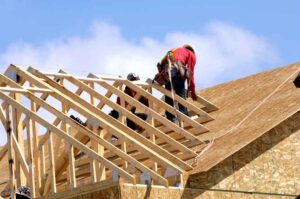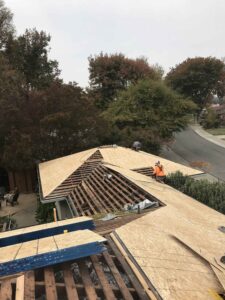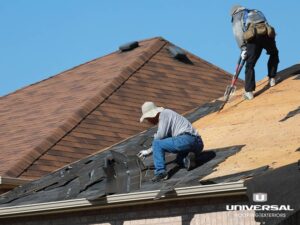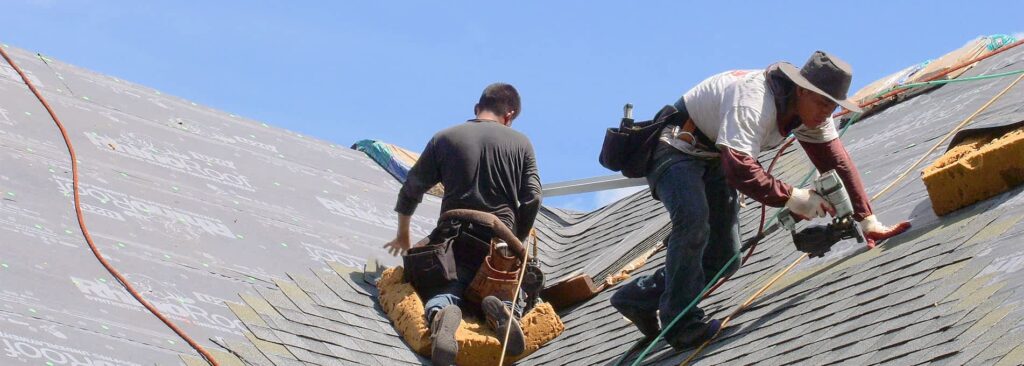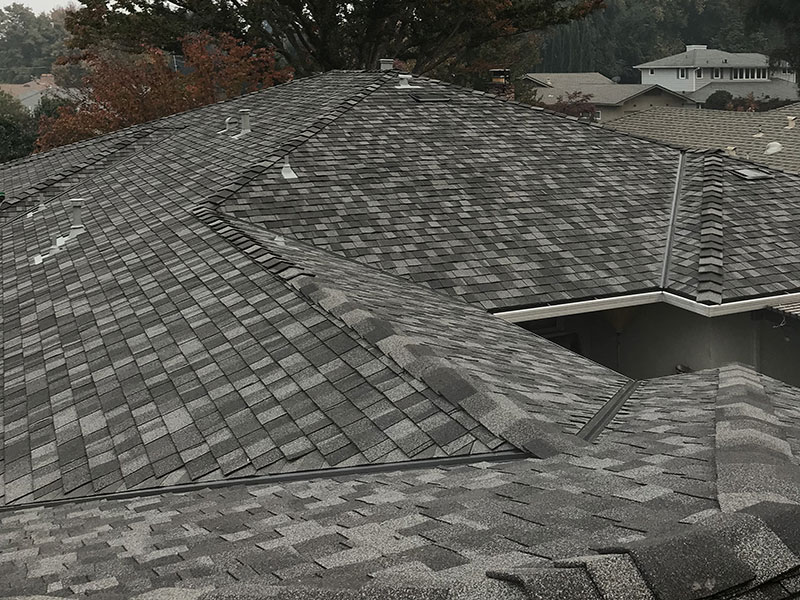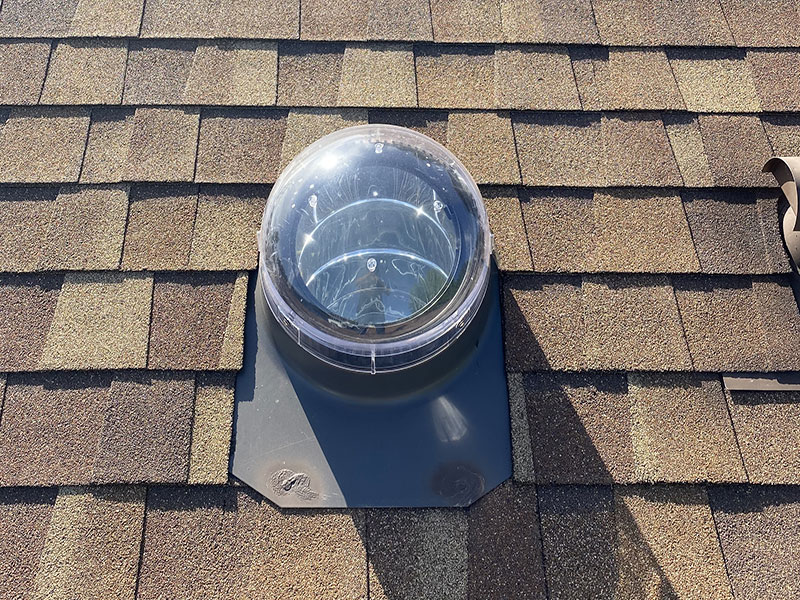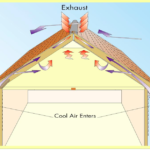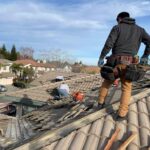New Construction Roofing
Frequently Asked Questions
“How Does New Construction Roofing Differ From Roof Replacement?”
While both these projects provide brand-new roofs, the difference lies in when these are carried out. New construction roofing is done while building a new house or building from the ground up. Once the exterior walls and foundations are built, the pros can start installing the roof that will cover the structure. Roof replacement, meanwhile, is done on existing structures. The pros recommend this project if the existing roof is past its lifespan or is showing signs of extensive damage.
What Can I Expect During a New Construction Roofing Project?
The roofing pros will first perform a detailed inspection of the entire building envelope. This allows them to determine the types of roofing components needed for the project, including the deck, insulation and roof covering, and make sure the roof’s design meets all your requirements. After agreeing to the project details, the roofers can begin the installation process. A final inspection of the completed work will be performed so you can check if the newly installed roof meets your needs.
How Can I Make the Most of this Roofing Project?
Regardless of the scope of the new construction roofing project, you can get the best results possible when you work with a reputable roofing contractor in your area. They should have the experience and expertise to know which roofing system works best for your property, making sure it meets and exceeds local climate and aesthetic requirements.
Why Can’t I Just Install My Own Roof?
If your existing roof is installed relatively recently, chances are, you can. There are two factors that can affect this change. One is the slope of the roof; certain materials like slate are ideally installed on steep-sloped roofs. The other is the weight of the new roofing material. Metal is compatible with just about any existing roof structure thanks to its relatively lighter weight, however, tile and slate are much heavier. You should have your roofing contractor check your roof if it can accommodate the added weight.

